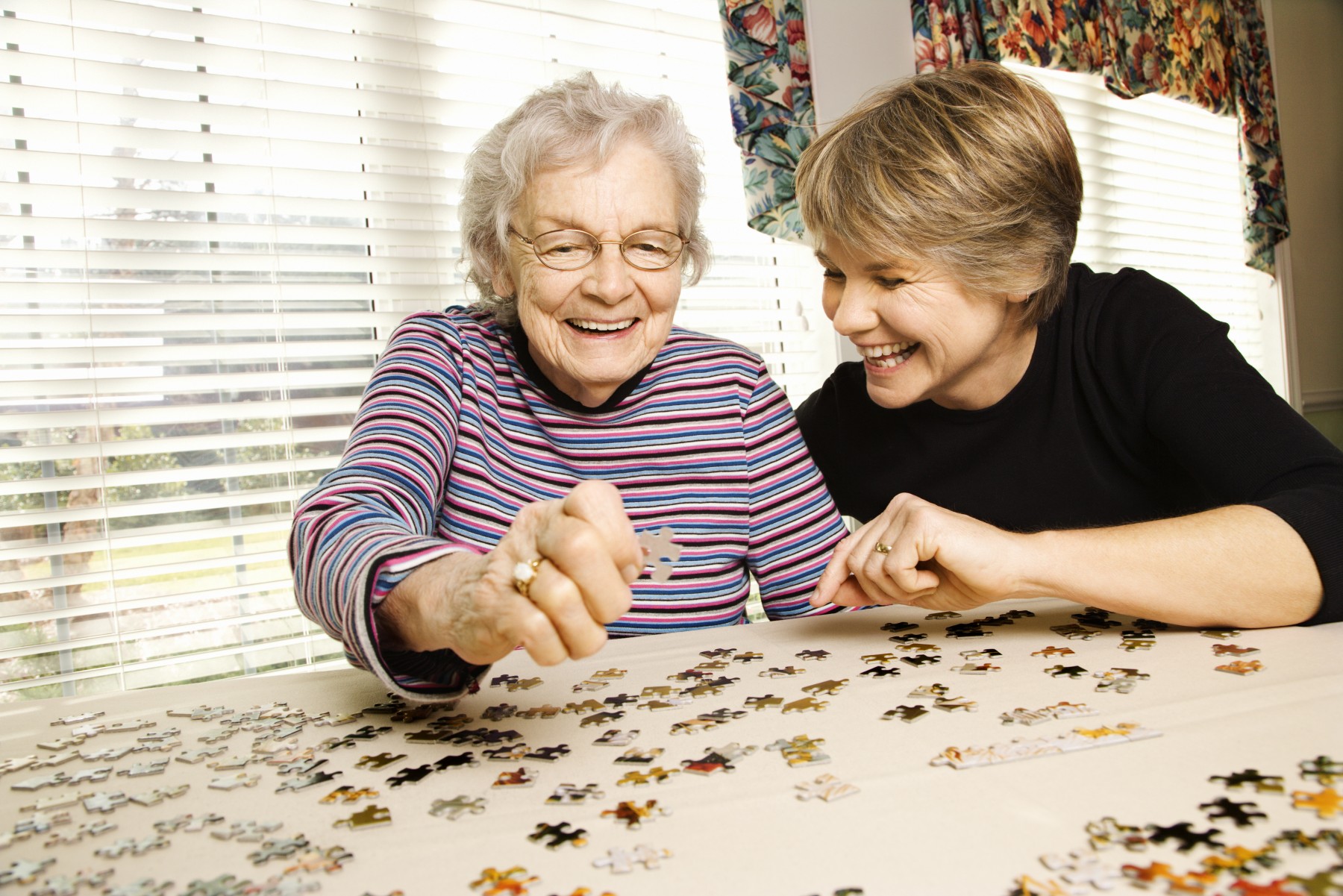If you live in England and have more than
£23,250 in savings, you will probably have to pay for at least some of your
care. The value of your property may also be taken into consideration if you
opt for residential care rather than care in your own home.
As care costs can be significant, it’s no
surprise that self-funding is one of the things we get asked about most often.
Care at home will cost at least £20 per hour and residential care over £600 per
week.
The reality for most people is that care costs
are hard to avoid, and some level of self-funding is inevitable. But there are
exceptions and it always pays to know the facts so you can plan effectively.
The Money Advice Service
has plenty of information on their website.
Exceptions
and Benefits
Social care is intended to help with tasks
that are part of normal living rather than healthcare needs for a disability or
complex medical condition. Continuing healthcare requirements could potentially
be covered by NHS funding. Unfortunately, there are no clear definitions of
what conditions are included and getting the NHS to pay for healthcare costs can
be difficult.
To access NHS support, you will need to ask
your GP or social services department to arrange a care needs assessment.
You may be able to claim benefits to meet some
of your care costs. If you are over 65 and have a long-term illness or disability,
you can claim Attendance Allowance towards the cost of care at home. This may
not cover the whole cost of your care but will help to reduce the burden.
If you have an illness or disability caused by
work, you can claim Industrial Injuries Disablement Benefit and possibly a
Constant Attendance Allowance on top of this if you need daily care.
Property
The value of your property isn’t relevant if
you are planning to receive care in your own home. If you decide on residential
care, it will be counted unless your partner continues to live in it.
It might be that selling your property to pay
for residential care is a sensible choice. But there are alternatives if you’re
not yet ready to make that step or if you want to remain at home. Equity
release will provide a lump sum in return for a share of your home. Your
council may also have a deferred payment scheme where they fund your care and
recover the cost from the proceeds when your home is eventually sold or from
your estate.
Arranging
Care
If you are paying for your own care, you can
choose a care provider you prefer and deal with them directly. It still makes
sense to have a care needs assessment so that you know what type and level of
care you need to buy and whether any financial support is available. The
council might, for example, pay for equipment or modifications to your home to
make it easier for you to live in.
If you think you are eligible for council or
NHS funded care, arranging a care needs assessment will be the first step.
In some areas you can ask social services to
arrange care with an approved provider and bill you for the cost, but not all
areas offer this.
If you are funding your own care and you think
that your savings will go below the £23,250 threshold, you should contact your
social services department three months beforehand. They can then arrange a new
financial assessment. They will not back-date their financial support if you
claim after your savings have gone below the threshold.
Self-funding care can be a complex area, the
team at Altogether Care
are always happy to answer any questions you might have. Just give us a call on
01305 206140 or visit our Contact
page.





























